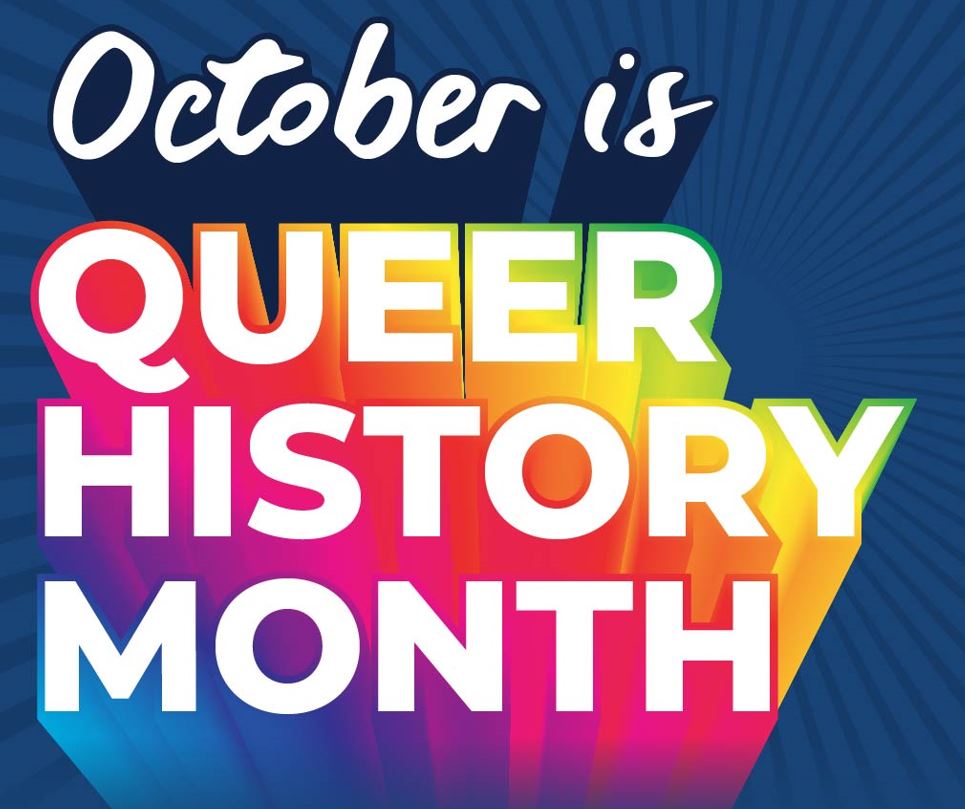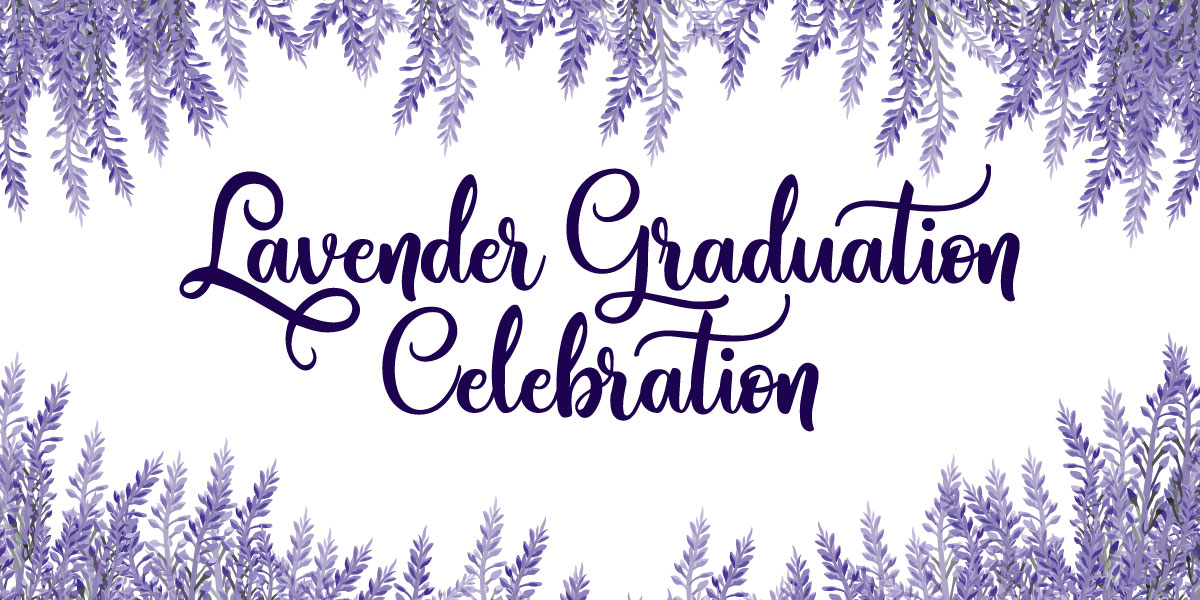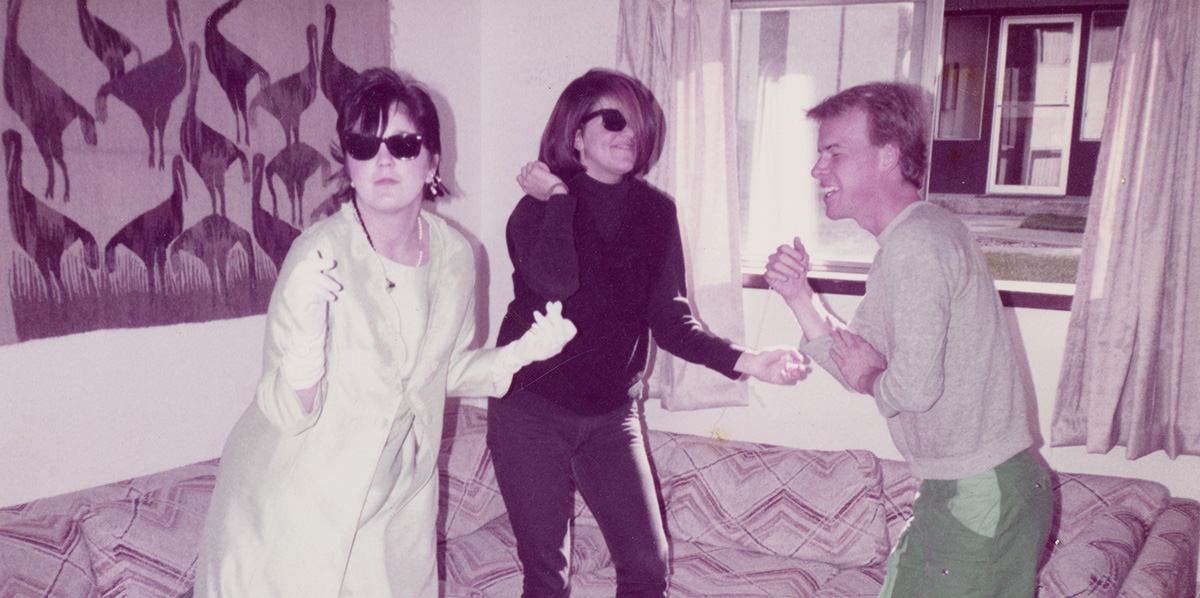We are committed to providing culturally relevant and efficient programs and services designed to foster successful transition, retention, persistence, achievement and graduation of scholars.
Future Events
We are continually planning events to help us come together. Check back often to see what's coming up!
Signature Events
Qhort

Qhort is a way for students new to WSU to create their cohort. Qhort is a way to meet new friends, connect with faculty and staff, and learn more about campus and community resources
Q*Hort Events are typically held at the beginning of each semester, as part of welcome events.
Queer History Month
LGBTQ+ History Month was founded in 1994 in the U.S. by Rodney Wilson, an openly gay high school teacher in Missouri. Wilson gathered community and national leaders, including educators, in the quest to dedicate a month to celebrating and teaching LGBTQ+ history. In 1995, the National Education Association endorsed LGBTQ+ History Month at its general assembly. In 2009, President Barack Obama declared LGBTQ+ History Month a national history month.
The month of October was selected because it is within the academic calendar year and created space to acknowledge existing observances during the month, including the anniversaries of the first and second LGBTQ+ marches on Washington (1979 and 1987, respectively) and National Coming Out Day (established Oct. 11, 1987, during the second LGBTQ+ march on Washington). LGBTQ+ History Month now also includes International Lesbian Day (Oct. 8), International Pronouns Day (Oct. 19), Spirit Day (Oct. 20), Asexual Awareness Week (Oct. 17 – 21) and Intersex Awareness Day (Oct. 26).

InQueery Symposium

InQueery 2025
“The Politics of Visibility, Surveillance, and Biopower in Authoritarian Times”
InQueery 2025 Symposium
Thursday, October 23, 2025
Agenda
• 4:00 p.m. Opening Remarks
• 4:15-5:30 p.m. Concurrent Panels
• 5:30-6:00 p.m. Break
• 6:00-7:00 p.m. Keynote: Dr. Toby Beauchamp, “Embracing Trans Regret under Authoritarianism”
This year’s InQueery Symposium invites work that explores how visibility, surveillance, and biopower shape everyday life under authoritarian systems. Drawing inspiration from keynote speaker Toby Beauchamp’s Going Stealth, the symposium asks how surveillance—from airport screenings to online tracking—enforces gender norms, racial profiling, and state control.
Beauchamp’s work challenges us to think about how systems of recognition and misrecognition harm trans communities while also impacting cis, queer, disabled, and racialized people. The symposium calls for critical and creative engagements that examine how surveillance regimes demand both compliance and resistance, and how queer, feminist, disability, and decolonial politics can disrupt these logics.
In a moment marked by global struggles—from immigration enforcement to the genocide in Palestine—this year’s theme asks: Who gets to be seen, who is made invisible, and what does it mean to refuse recognition on empire’s terms?
2025 Keynote

Toby Beauchamp
Toby Beauchamp is Associate Professor of Gender and Women’s Studies at the University of Illinois, Urbana-Champaign. He is the author of Going Stealth: Transgender Politics and U.S. Surveillance Practices, which explores how surveillance systems enforce gender norms and expand state control.
This annual event brings in guest speakers to create an intellectual space for intersectional and interdisciplinary conversations that center issues around gender, race, sexuality, and identity.
This event is hosted in partnership with the LGBTQ+ Center and Women's, Gender, and Sexuality Studies.
Lavender Graduation Celebration

Lavender Graduation Celebration is a time to celebrate. This event is open to everyone. We welcome students graduating from all levels at WSU: undergraduate, graduate, and professional students. This event is hosted in the spring and celebrates those graduating in Spring, Summer, or Fall.
Lavender Graduation Celebration participants will receive a special stole and tassel as a token of our appreciation and to celebrate all that our students do for our community. Students, faculty, staff, friends, and family are all invited!
You can learn more about the history and tradition of Lavender Graduation Celebration from the Human Rights Campaign.
Invitations to Lavender Graduation are sent to students engaged with the LGBTQ+ center. Anyone can request an invitation by emailing sa.lgbtq.center@wsu.edu.
Queer Archives

Photograph from Andrew Whitver, part of the "Higher Ground" exhibition (1984).
Co-founded by Josie Cohen-Rodríguez and Lotus Norton-Wisla in Fall 2022, the WSU Queer Archives is a collaborative initiative between Manuscripts, Archives, and Special Collections (MASC) and the LGBTQ+ Center at Washington State University. Its mission is to preserve and share untold stories of queer life in rural communities and their connections to urban spaces—centering joy, community, and intersectional resistance.
Palouse Queer Studies Summit
The Palouse Queer Studies Summit is an annual event featuring art exhibits, presentations, panel discussions, poetry readings, and interactive workshops led by students, faculty, staff, and community members. This event creates space for dialogue, learning, and creative expression across diverse perspectives.
The Summit is free and open to all.